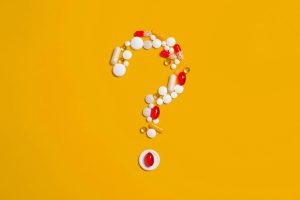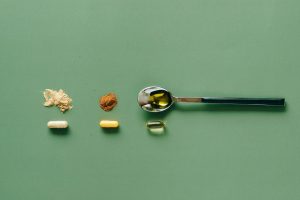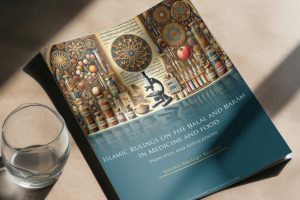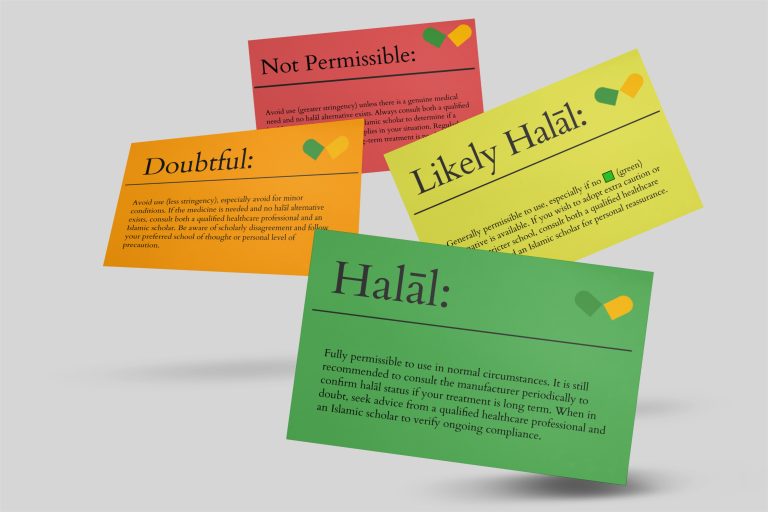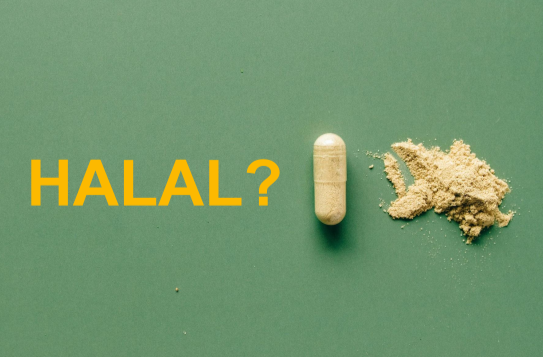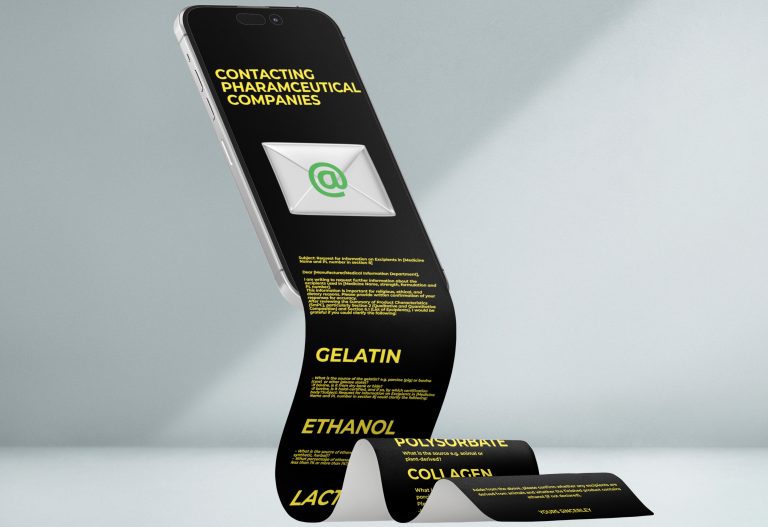Shellac in medicines
This information resource can help you understand how shellac is used in medicines, the concerns around its use in medicines for the Muslim community, and whether its use in medicines is halāl (permissible) or harām (prohibited) in Islam.
This resource is for the Muslim community (including patients, carers, parents and members of the public). All healthcare professionals (HCPs), their teams and anyone involved in delivering care and support (across all care settings) to Muslim individuals, may also find it useful. It can be used to support person-centred and informed decision-making around taking medicines that align with an individual’s Islamic values and beliefs.
Shellac
Shellac is a natural resin. It is derived from the secretions of the female lac insect.1
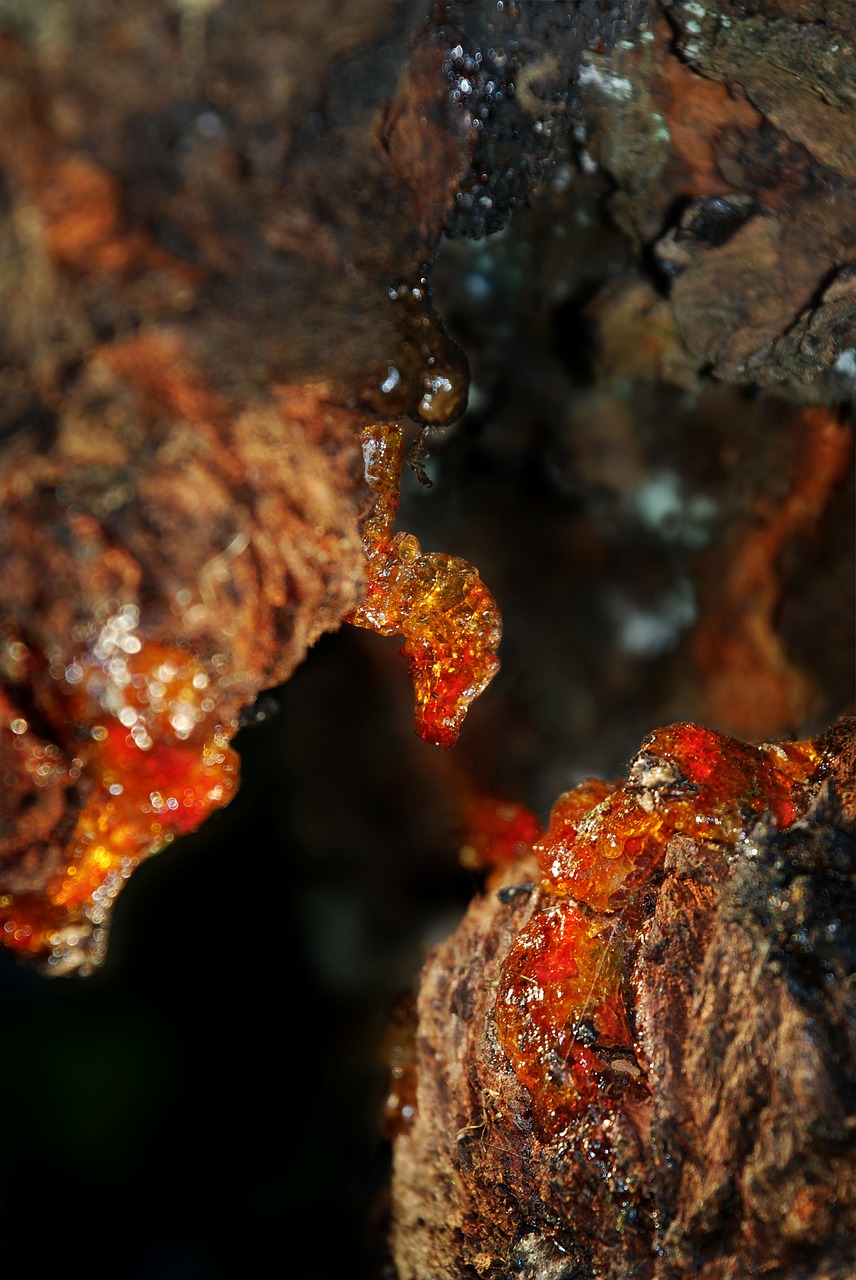
How shellac is used in medicines
It is used in medicines as a protective coating for tablets and capsules that are sensitive to moisture, light, or air.1
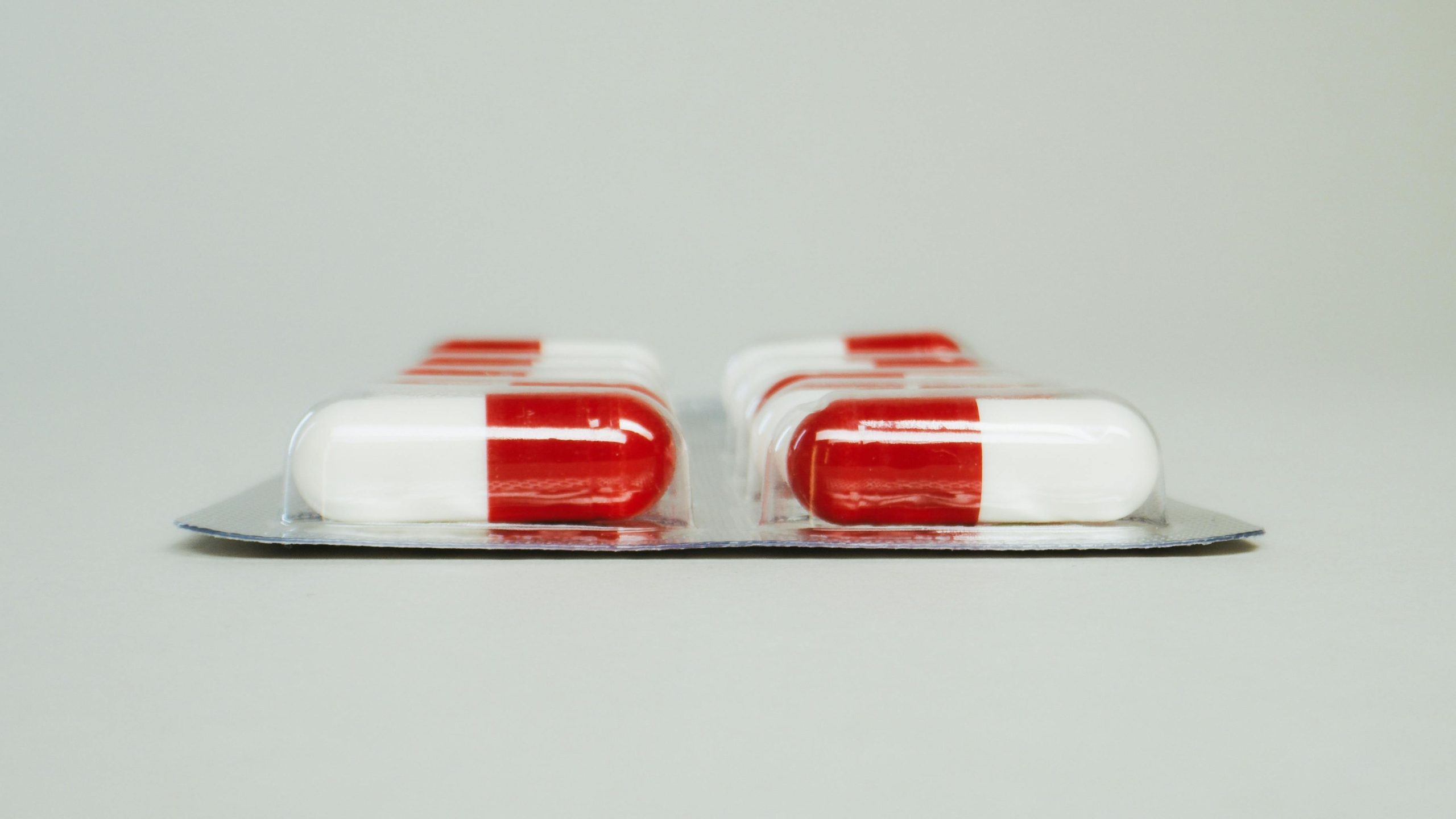
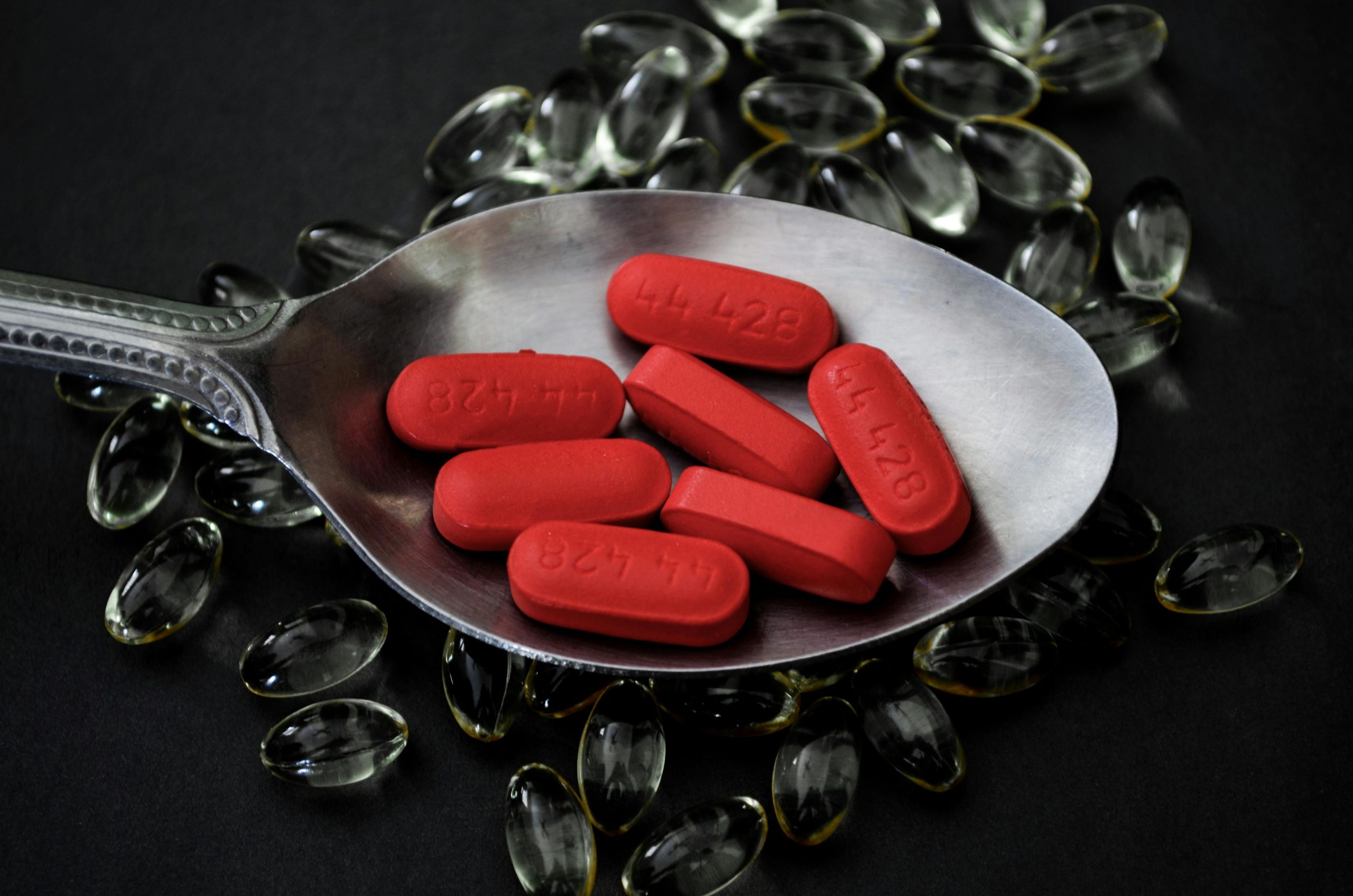
Why this is important
For the Muslim community
For the Muslim community, it is important to check if your medicine contains shellac and if it is Islamically permissible to take/use. To find out if a medicine contains shellac, see the section on ‘Checking medicine information’.
Eating insects is harām because insects are generally considered legally impure (najis). However, substances secreted by insects (e.g., propolis and shellac) are permissible due to the method of secretion and extensive purification. For further information on the permissibility of shellac, see the section on ‘Is shellac halāl or harām?‘
A key concern is ensuring the removal of insect body parts during processing. The final product remains legally pure (ṭāhir) if insect bodies are removed. However, this information is not always readily available from manufacturers. Another key concern is alcohol use in the extraction process. Shellac is often dissolved in ethanol for use in tablet coatings and pharmaceutical capsules. If alcohol evaporates completely, the majority of Islamic scholars consider the final product halāl. Synthetic or non-intoxicating alcohols are generally permitted to be used in processing. Therefore, it is important to check for halāl-certification to ensure halāl-compliant manufacturing. For further information on alcohol, see our resources on ‘Ethanol in medicines‘ and ‘Other synthetic alcohols used in medicines‘.
For HCPs
For HCPs and anyone involved in delivering care and support, it is important to:
- Understand which ingredients and/or excipients in medicines may be a concern for practising Muslims and why. For further information, see our resources under ‘Ingredients and excipients in medicines‘
- Have open discussions with individuals about their personal values or beliefs that may relate to their care and support where possible – e.g. some individuals may wish to avoid certain ingredients/excipients in medicines due to religious beliefs, others may not be as practising or have the same beliefs, so it is important to ask
- Discuss ideas, concerns and expectations – e.g. during consultations, you may be asked to help individuals to understand whether certain ingredients/excipients are present in their medicine(s), its source, and whether it is likely to be considered permissible in Islam/suitable for a halāl diet
- To find out how to check if a medicine contains harām ingredients and/or excipients, see the section on ‘Checking medicine information’
- For further information on the conditions of when it is acceptable for a practising Muslim individual to take/use a medicine that contains harām ingredients and/or excipients, is derived from harām sources, or where there is cross-contamination with harām sources, see our resource on ‘What to do if a medicine contains harām ingredients and/or excipients’.
- Respect and support individuals in making informed decisions about their treatment
- Understand that you may be asked to explore alternative formulations that meet the individual’s religious requirements (where available), alternative companies that make the medicine without a particular excipient/ingredient (where possible), or alternative treatment options for the condition (where clinically appropriate)
- HCPs may find the Specialist Pharmacy Service (SPS) resource on ‘Searching for presence or absence of an excipient in medicines‘ useful to help find alternative halāl medicines that don’t contain certain ingredients or excipients. For further information, see the SPS website
- There may be situations where you cannot prescribe/supply an alternative halāl medicine which you may need to explain to the individual. For further information, see our resource on ‘What to do if a medicine contains harām ingredients and/or excipients’, under the sections on ‘Hardship begets facility’ and ‘Limitations on prescribing an alternative halāl medicine‘.
Checking medicine information
You can check if a medicine contains shellac using the relevant product patient information leaflet (PIL) or summary of product characteristics (SPC) which is available on the electronic medicines compendium (emc) website. You may also find our resource on ‘How to find out if a medicine contains harām ingredients and/or excipients’ useful. If you are still unsure if a medicine contains shellac, speak to your local pharmacist as they are the experts in medicines.
You may need to contact the manufacturer to find out other information such as halāl-certification. Please note that information regarding cross-contamination or potential contact with harām sources (e.g. pork/alcohol) is not always readily available from manufacturers.
It is important to remember that even if you find out a medicine contains possible harām ingredients and/or excipients, is derived from harām sources, or that there is cross-contamination with harām sources, this does not always mean it is prohibited to take/use. For further information, see our resource on ‘What to do if a medicine contains harām ingredients and/or excipients’. It includes the conditions of when it is acceptable to take/use a medicine in these circumstances. It can also be used to support person-centred discussions between individuals and HCPs, and help make informed decisions around taking medicines that are both clinically appropriate and align with an individual’s Islamic values and beliefs.
Is shellac halāl or harām?
The table below summarises the ruling of shellac according to the four Sunni schools2:
| Ḥanafī | Mālikī | Shāfiʿī | Ḥanbalī | |
|---|---|---|---|---|
| Shellac | ✅Halāl | ✅Halāl | ✅Halāl | ✅Halāl |
| Reasoning | Generally permit their use after purification. Permit use in medicine or beneficial applications. | Generally permit their use after purification. Allow insect by-products if not harmful. | Generally permit their use after purification. Permit use in medicine or beneficial applications. | Generally permit their use after purification. |
In summary, according to the four schools of thought, shellac is considered halāl because it is an exocrine secretion (not from a legally impure (najis) insect body part) making it legally pure (ṭāhir), by analogy with beeswax and silk.
If some minor traces of insect dye remain, it is overlooked under ʿafw (exemption), especially when complete removal is difficult.
If you are still unsure if a medicine is permissible to take/use, speak to your local Imam or trusted Islamic scholar (ideally who has relevant knowledge and expertise in the Fiqh of medicines).
Halāl alternatives
If you are seeking halāl products, look for halāl-certified products where water-based or halāl-certified extraction methods are used (where available).
Summary
- Shellac is a natural resin derived from the secretions of the female lac insect. It is used in medicines as a protective coating for tablets and capsules
- For the Muslim community, it is important to check if your medicine contains shellac and if it is Islamically permissible to take/use when there is cross-contamination with harām sources
- You can check if a medicine contains shellac using the PIL or SPC, alternatively you can speak to your local pharmacist
- If you are seeking information about halāl status or alternatives – do not stop, delay, change, or change the way you take/use your medicine(s) without discussing this first with the healthcare professional who prescribed/supplied it to you
- Always consult your healthcare professional if you have any questions and before making any decisions about your treatment.
- For HCPs and anyone involved in delivering care and support to the Muslim community, it is important to have open discussions with individuals about their personal values or beliefs that may relate to their care and support where possible
- Shellac is legally pure (ṭāhir) and halāl
- Minor residual traces of insect dye are excused under exemption (ʿafw)
- If alcohol is used in the extraction process, it should fully evaporate to be considered halāl, or an alternative halāl-certified extraction should be used. However, synthetic or non-intoxicating alcohols are generally permitted to be used in processing
- You should follow the guidance of your school of thought (madhhab). If you have further queries about the permissibility of medicines, consult a qualified local Imam or trusted Islamic scholar (ideally someone who has relevant knowledge and expertise in the Fiqh of medicines)
- You can check if the following information is available from the relevant manufacturer(s) (manufacturers may have limited information):
- Halāl-certification – to ensure halāl-compliant manufacturing.
- If you are seeking halāl products, look for halāl-certified products and alcohol-free processing (where available and possible).
References and further reading
- Introduction of shellac as a pharmaceutical excipient (2024) Pharma Excipients. Available
at: https://www.pharmaexcipients.com/shellac-excipient/. ↩︎


